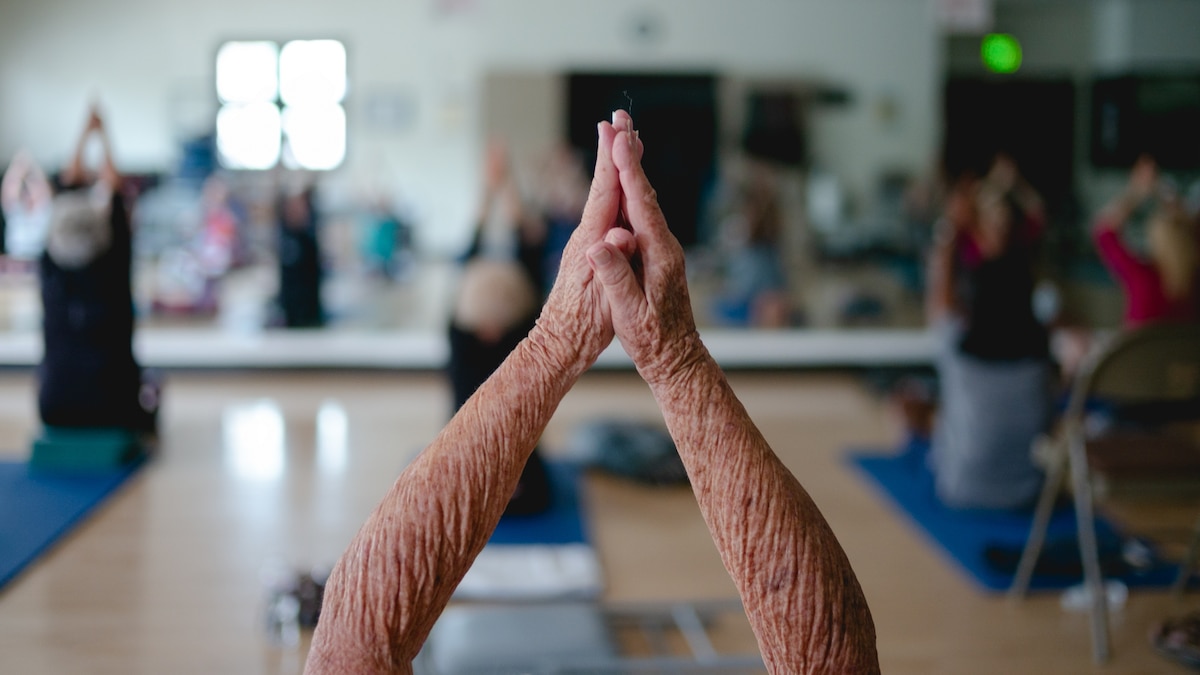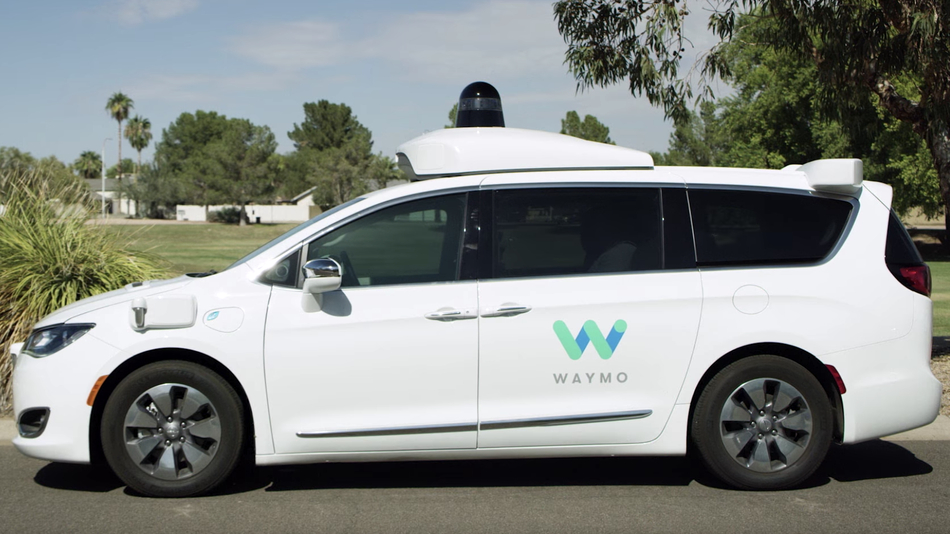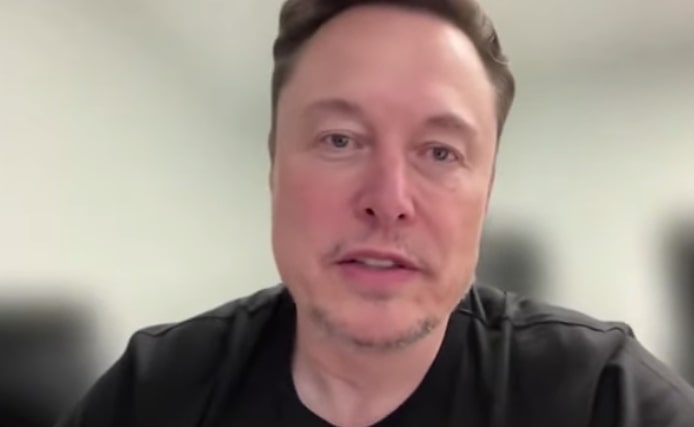Now Reading: 7 simple science-backed rules for living longer
-
01
7 simple science-backed rules for living longer
7 simple science-backed rules for living longer

Humans have long tried to cheat death. And over the last 40 years, this collective obsession with longevity has led to landmark scientific breakthroughs and a booming anti-aging industry.
Scientists are chasing novel interventions to turn back the clock, while health-conscious biohackers are volunteering as lab rats—taking drugs like rapamycin and “young blood” plasma infusions in hopes of staying forever young. Annually, the average American spends more than $6,000 on wellness.
(Can aging be cured? Scientists are giving it a try.)
Scientists are closer than ever to cracking the code of aging, yet the broader field of longevity is awash with misinformation. To set the record straight, Eric Topol, a pioneering cardiologist and one of the world’s top-cited scientists, wrote Super Agers: An Evidence-Based Approach to Longevity.
“Science has shown us that reversing aging, not just extending lifespan, is possible,” says Topol, the founder and director of the Scripps Research Translational Institute. “While the science is advancing at high velocity, the predators are also flooding in, hawking products or services that aren’t proven, potentially dangerous, or a waste of money.”
In conversation with National Geographic, he discusses the technology revolutionizing the way we age, the pervasive pseudoscience running rampant across the longevity movement, and the most powerful “biohacks” that could transform your health.
In a sea of quack “experts” and wellness influencers cashing in on our fear of death, Topol offers an evidence-based guidebook to aging well:
1. Remember that genes aren’t your destiny
If your family medical history is dotted with devastating diseases like cancer, heart disease, or Alzheimer’s, your genes can feel like a death sentence. But according to Topol and extensive longitudinal data, genetics only account for about 20 percent of human longevity. The other 80 percent? Lifestyle choices, life circumstances, and environmental factors.
“For healthy aging, it’s largely not a genetic story,” says Topol. “You have a lot of power.”
Many people don’t adopt healthy lifestyles because they have a fatalistic attitude about their genes, says Topol. But evidence suggests that if people adopt certain data-backed habits—detailed below—they can gain at least five to seven more years of healthy life, free from age-related disease.
(How old are you really? The answer is written on your face.)
2. Exercise—it’s the most potent ‘biohack’ known to humankind
From social media to self-help books, biohacks abound: Influencers on these platforms recommend trying supplement regimes, cryotherapy, whole-body MRIs, NAD+ IV drips, and stem cell treatments, to name a few.
Most come with a hefty price tag, but truly effective anti-aging strategies don’t have to be expensive.
Exercise is our single best defense against age-related disease, says Topol. Some estimates suggest that one minute of exercise is worth five minutes of healthy living; seven minutes for high intensity interval training (HIIT) workouts. Being active—defined as briskly walking at least 150 minutes per week—is associated with living an extra 4.5 years.
Topol says that exercise is so effective because it positively impacts a myriad of bodily systems: the heart, brain, pancreas, skeletal muscle, GI tract, liver, body fat, the gut microbiome, and peripheral blood vessels. It has been shown to inflammation and all-cause mortality over a lifetime.
To maximize the benefits, however, you need to go beyond aerobic workouts and incorporate strength training into your routine. Lifting weights helps stave off bone loss, preserve muscle, improve balance, lower inflammation, and reduce joint pain.
(What lifting weights does to your body—and your mind.)
Topol suggests about 150 minutes per week or more of moderate physical activity like dancing or yoga (or 75 minutes or more of vigorous physical activity like swimming) and resistance training at least two times per week. If you can’t make it to the gym, sprinkle in a few exercise “snacks,” like push-ups, wall-sits, or lunges throughout the day.
3. Follow this evidence-based diet for longevity
One eating pattern trumps others in terms of healthy aging: The Mediterranean diet. This diet is all about “eating the rainbow”—consuming plenty of fruits, vegetables, whole grains, legumes, lean proteins and healthy fats.
Scores of nutrition studies, including one published in Nature in March 2025, show that this kaleidoscope of nutrient-dense, minimally processed foods reduces inflammation, lowers cholesterol, improves blood pressure, and helps glucose control. Over time, eating Mediterranean cuts the risk of some of the top killer diseases like heart disease, cancer, diabetes, and Alzheimer’s.
(The Mediterranean diet has stood the test of time for a reason: It works.)
You May Also Like
As far as how much lean protein you need, Topol recommends about 1.2 grams of protein per kilogram of body weight—which he notes is lower than the super-high protein intake that’s common in biohacking circles.
One food group to avoid? Ultra-processed foods, which make up 60 percent of Americans’ daily energy intake, says Topol. These foods, which dominate supermarket shelves, have been linked to more than 30 health problems, most strongly heart disease, type 2 diabetes, and mental health issues like depression and anxiety.
Not only do they crowd out beneficial nutrients on our plates, ultra-processed foods may also cause direct harm via inflammation, gut microbiome disruption, and blood sugar spikes. Cooking at home and swapping packaged foods for minimally processed ones can help avoid these effects.
Intermittent fasting and simple calorie restriction also show promise in extending lifespan, mostly in animal studies. But scientists haven’t yet nailed down the exact effects in humans—so these approaches aren’t yet widely recommended.
4. Sleep deeply
Sleep enables biological renewal, helping the brain and body to recover from activities during waking hours. But as we get older, we tend to sleep worse—and this comes at a steep cost.
Some experts suggest poor sleep fundamentally alters the biological machinery of aging, throwing our body’s inner restore-and-repair setting out-of-whack. Too much or too little sleep can spur side effects that include a higher risk of premature death, heart problems, cancer, type 2 diabetes, immune issues, obesity, Alzheimer’s disease, high blood pressure, stroke, and worsened mental health— stemming from metabolic, cellular, and hormonal disruption.
(7 science-backed tips for sleeping better.)
While we sleep, the brain’s glymphatic system also clears away toxins and metabolic waste. Without enough deep rest, toxic byproducts linger and can spike the risk of brain disease.
To sleep better Topol recommends keeping a consistent sleep and wake schedule, aiming for seven hours per night, plus doing regular exercise and not eating too close to bedtime.
5. Flex your social muscles
Loneliness doesn’t just take a toll on the mind; it can cut our lives short. Mounting evidence suggests social isolation can be as dangerous as smoking half a pack of cigarettes a day. It’s associated with a greater risk of cardiovascular disease, dementia, stroke, depression, anxiety, and early death.
“Humans depend on social connection,” says Topol. “But as we get older, we often ‘go into a cave’ and become socially isolated, which is associated with bad outcomes.”
Maintaining strong relationships—even just with one or two people—helps counter chronic stress, which can make us sick. Connection can also help improve self-esteem and self-motivation, two factors that contribute to healthier habits. Topol advises getting outdoors into nature, picking up a hobby, or engaging in music or the arts with others—activities that promote longevity too.
6. Avoid the toxic offenders
On top of adding healthy habits, it’s crucial to cut out the bad like smoking and drinking.
The biggest environmental threats to avoid? Air pollution, toxins like pesticides, microplastics, and forever chemicals. These factors are sneakily pervasive so avoiding them can feel like an impossible battle. But small changes do make a difference: Topol suggests swapping out the plastic in your kitchen for glass or wooden alternatives, using air purifiers and water filters, and buying organic produce.
(Forever chemicals are hiding in your kitchen. Here’s where—and what to do.)
Meanwhile, skip untested products or services that haven’t been proven effective. By 2030, the longevity market is projected to reach $44.2 billion. People are desperate for ways to feel better, making them prime targets for longevity-focused entrepreneurs; 95 percent of Americans over 60 have at least one chronic disease.
“Longevity companies are really good at promotion, marketing, and using social media to negate where there is truth, evidence and data,” Topol says. “The medical community has lost people’s trust, and the only way to regain it over time is to have compelling evidence that overwhelms the pseudoscience.”
Topol warns to use caution when evaluating wellness hacks without robust evidence, including vitamins and supplements. Instead, focus on the emerging technologies, lifestyle changes, and treatments that are backed by science.
7. Leverage the longevity tech revolution
Armed with AI, big data, and billions of dollars in research funding, academic scientists and longevity startups are pursuing countless innovations to unlock aging.
Scientists are in various stages of developing precision medical forecasting techniques like “organ clocks” that catch and prevent diseases long before symptoms appear; new drugs for flushing out “zombie” cells that drive inflammation; immunotherapies that tweak immune function to better fight disease, and epigenetic reprogramming to make old cells youthful again. There’s also evidence that GLP-1 weight-loss drugs can help curb some of humanity’s most intractable age-related conditions.
This technological revolution makes Topol “very optimistic” for the future of our collective health span.
“We are going to make progress against age-related diseases like we’ve never seen before,” says Topol. “And we don’t have to reverse aging. We just need to identify who’s at risk, put them on surveillance tracks, and get ahead of the target disease.”
While we may not see the end of disease in the next two decades as some predict, we can age healthier than ever before. And we don’t have to wait for these technologies to hit the market—making lifestyle changes now could add healthy years to our lives. Many of the most devastating diseases of aging take 20-plus years to take hold, so it’s never too early or late to start.























